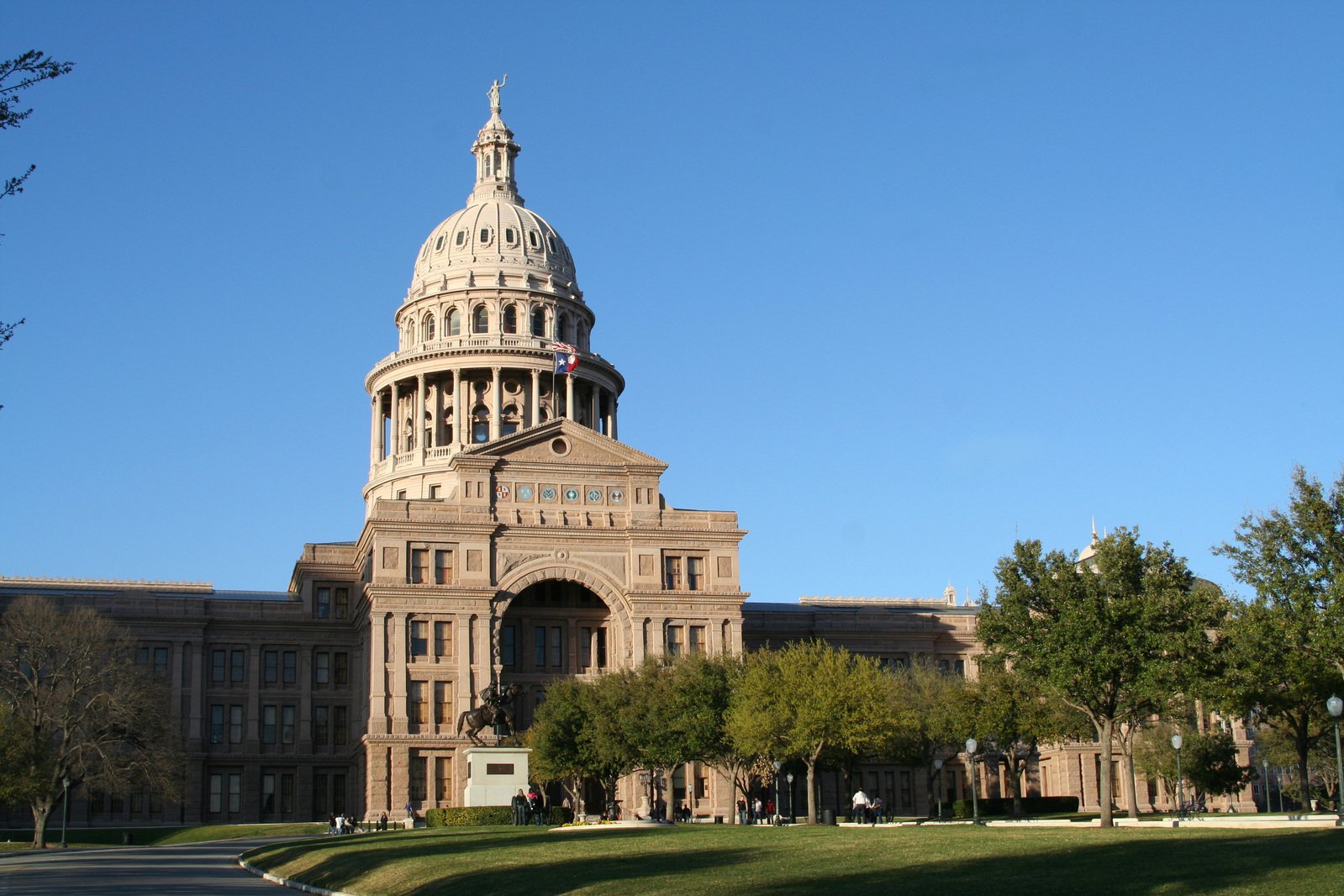Also see "
NASA: Funded by the Public to Feed Patent Trolls"

Summary: Government or US Government-funded entities are looking to tax private companies using patents that were actually funded by the public; in practice this helps private firms or insiders (individuals) personally gain from something that the public subsidised and should thus be in the public domain
EVIL patents are patents that harm the very people who sponsor them. We have written a great deal about such patents (e.g. the above-mentioned from NASA) and here
they go again: "Even though only 130 of the thousands of technologies spun-off by NASA are included in the website, the breadth of technological development represented by even that small number is pretty remarkable. But how exactly does space exploration research result in the commercialization of items like more nutritious baby formula or precision coffee makers?"
It comes at a cost however. They make licensing agreements, i.e. ask for payments. The common euphemisms are "Technology Transfer" or "Licensing Agreements", as
today's advertisement of a webiner put it. It's grotesque because those who were funded by taxpayers take it all private and look to gain privately from patents (funded by the public). Consider the
recent example from Wisconsin. It's about Apple's dispute with the proxy from Wisconsin. It is academics operating through the Wisconsin Alumni Research Foundation for the purpose of 'monetising' patents, never mind who sponsored this work, even if it's the public, in which case seeking to pursue a private monopoly is quite dubious a practice from an ethical point of view. Mark St. Amour
put it as follows: "In Wisconsin Alumni Research Foundation v. Apple, No. 2017-2265 (Fed. Cir. Sept. 20, 2018), the Federal Circuit construed a pair of claim terms under their plain and ordinary meaning in reversing summary judgment that Apple was not entitled to a pre-trial finding of non-infringement of U.S. Patent 5,781,752, while affirming a summary judgment that the ‘752 patent was not anticipated."
They believe that because Apple is a company with plenty of cash in store it should pay for patents that were likely sponsored by taxpayers. Why? Does that even make sense? Will the
Federal Circuit take this into account?
⬆

